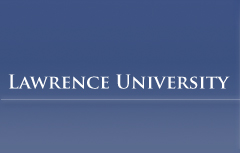Document Type
Honors Project
Publication Date
5-29-2019
Abstract
This paper provides insight into the micropolitics of Korean elderly wastepickers who pursue a variety of economic or personal interests within an unfavorable formal regulatory environment. Drawing on primary source material and fieldwork in Seoul, Republic of Korea, this paper explores the historical marginalization of the informal wastepicking economy through collusion between the state and formal businesses in the decades since the Korean War, the social dimensions of the contemporary informal wastepicking economy, and various patterns of cooperation and conflict among informal actors. This paper aims to examine the informal wastepicking economy through ethnographic study, which adds a local perspective into the macro-level understanding of the formal and informal economies. By describing the interactions of three agents—the government, informal actors, and formal businesses—in the context of shifting global, national, and local constraints, it constructs a nuanced understanding of the informal economy by documenting the diverse experiences and motives of elderly wastepickers.
Level of Honors
summa cum laude
Department
Government
Advisor
Ameya Balsekar
Recommended Citation
Seo, Hayoung, "The Politics of Waste: A Look Inside the Lives of Wastepickers in Seoul" (2019). Lawrence University Honors Projects. 141.
https://lux.lawrence.edu/luhp/141
